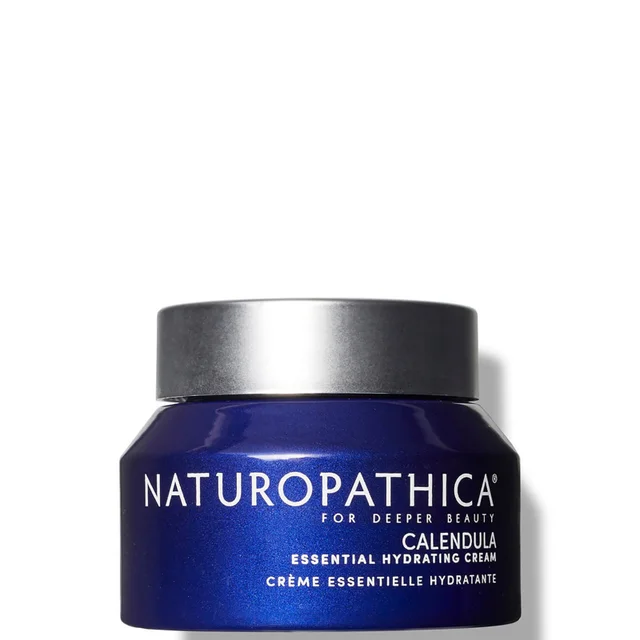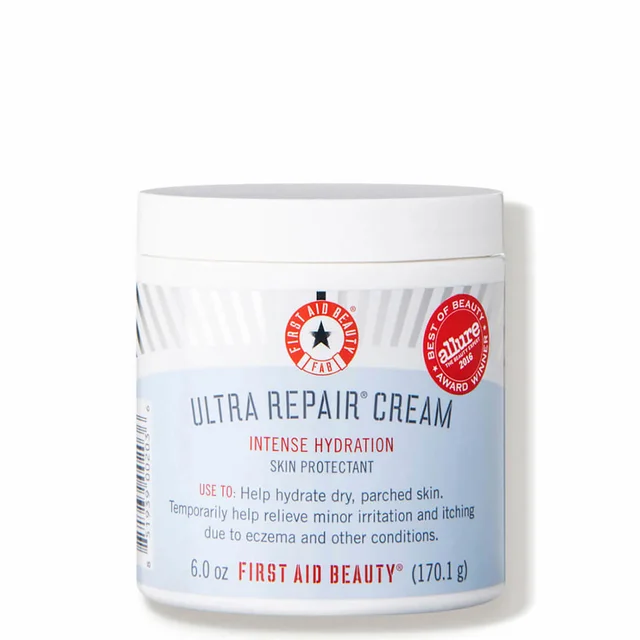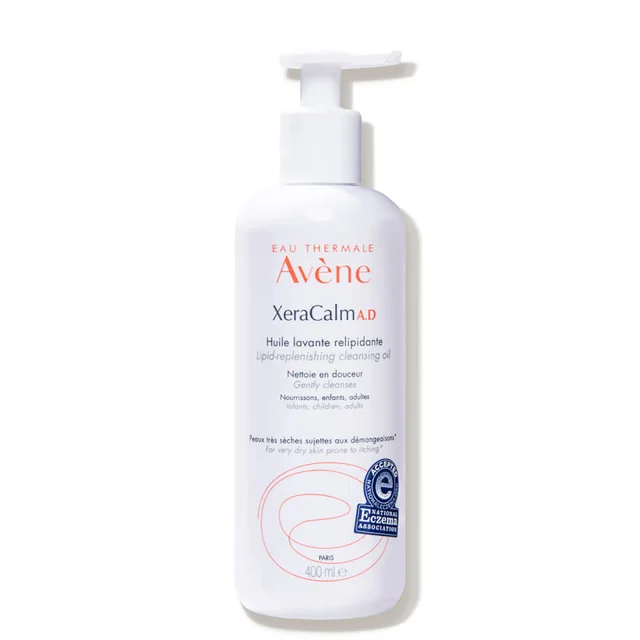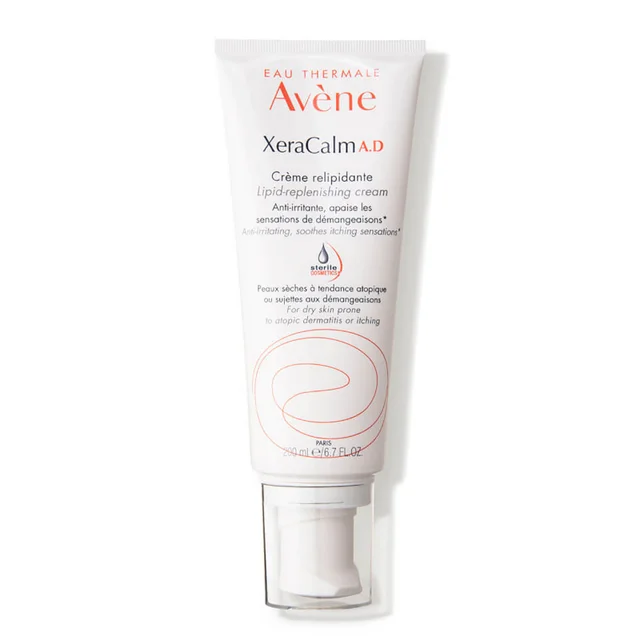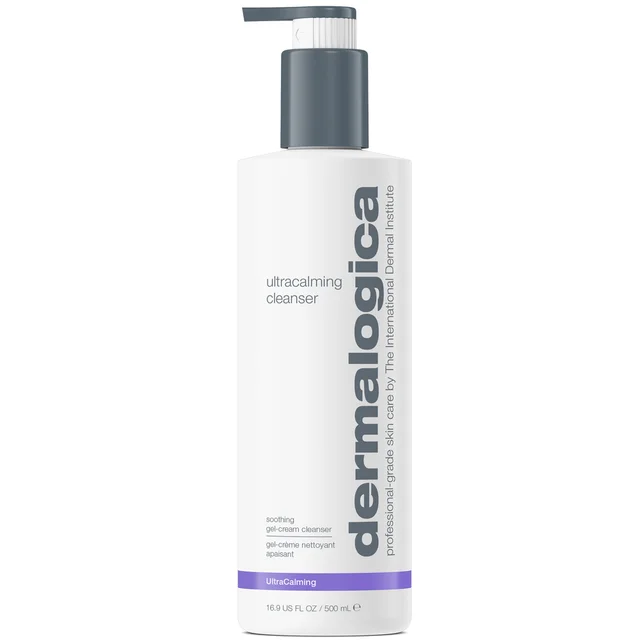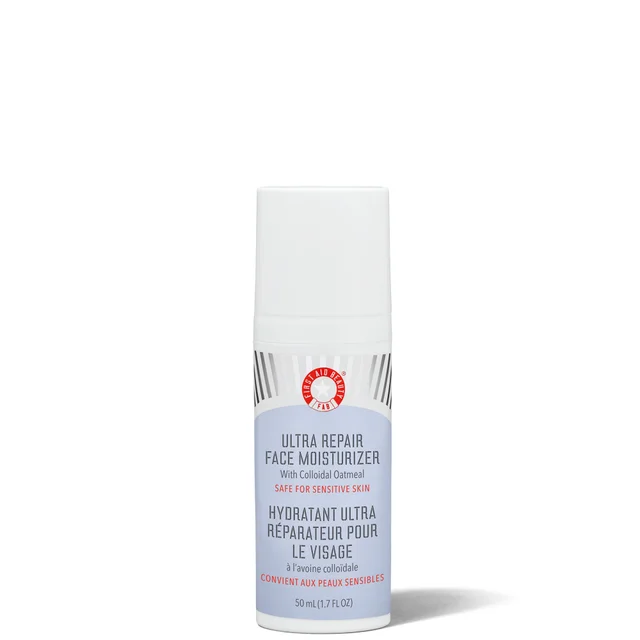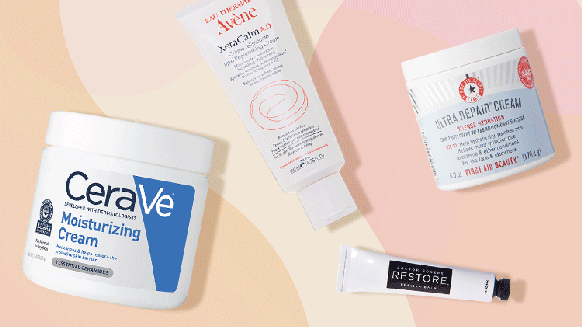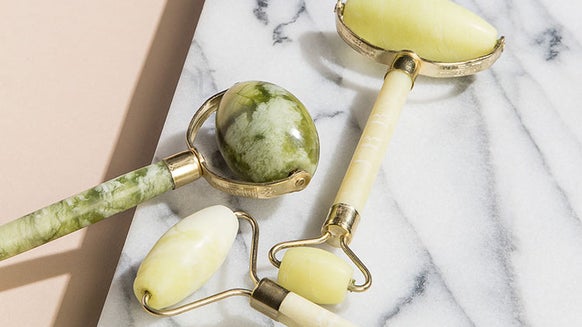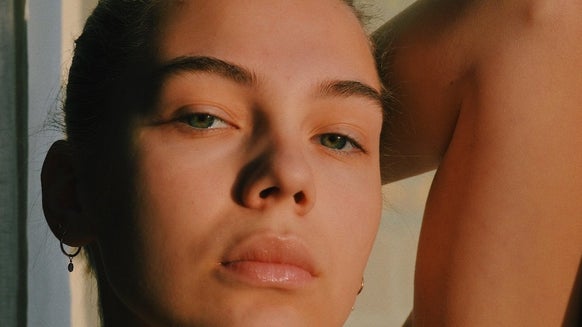What Are the Types of Eczema?
If you're one of the millions of adults who suffers from eczema, you know it's more than just an itchy nuisance. Where it's located on your body and its potential causes can help you categorize the type you have. Identifying what kind of eczema you're experiencing helps you better understand your condition and possible treatment options for an itch-free future.
Atopic and Contact Dermatitis
Atopic dermatitis often occurs in children and babies, but can last into adulthood. Usually, it shows up as extremely itchy, scaly patches on the insides of the elbows, behind the knees and on the face—but it can appear anywhere on the body. It's referred to as eczema, dermatitis, atopic eczema and atopic dermatitis. Contact dermatitis happens when something irritates your skin. Usually, this type of eczema appears in areas that are exposed—such as the hands, neck and feet. Contact dermatitis can occur because you're allergic to something or because it simply irritates your skin—but unlike with allergies, it doesn't stimulate your immune system.
Adult Seborrheic and Infantile Seborrheic Dermatitis
Seborrheic eczema or seborrheic dermatitis usually affects areas with large numbers of oil glands, also called sebaceous glands. In adults, this is usually the scalp and sides of the nose; in infants, it often appears on the scalp as cradle cap. The affected areas often have a whitish and flaky appearance. It can spread across the face, neck and back too. Seborrheic eczema may be caused by a yeast called pityrosporum ovale or malassezia furfur. People with this type of eczema seem unable to process the yeast properly, and the irritation occurs.
Hand Eczema
Hand eczema shows up as redness, itching, dryness, peeling, flaking, cracks and blisters. Those who work with chemicals, such as cleaners, caterers, healthcare workers and hairdressers, can be vulnerable. About 10 percent of the population suffers from it and although hand eczema is not contagious, it can be debilitating and highly uncomfortable. Pompholyx, also called dyshidrotic eczema, is a specific type of hand eczema that can also show up on the feet. It appears as very tiny watery blisters on the palms, inside the fingers and on soles of the feet. The exact cause of pompholyx hasn't been determined but seems to be affected by emotional stress, sweating and exposure to metal compounds.
Discoid or Nummular Eczema
Discoid or nummular eczema appears in coin-sized projections that are bumpy. They eventually open up into oozy, itchy and crusted patches. These patches usually appear on the lower legs, torso or forearms. Insect bites, reaction to something you've come in contact with or dry skin can cause an eruption.
Neurodermatitis
Another name for neurodermatitis is lichen simplex chronicus. No matter what you call it, you'll experience itchy skin in areas such as the nape of the neck, scalp, shoulders, insteps of the feet, ankles, wrists and the back of the hands. Neurodermatitis is similar in appearance to atopic dermatitis and is exacerbated by scratching or rubbing. It may result from insect bites, stress or nervous habits, and can cause the area of skin to thicken and discolor.
Statis Dermatitis
Stasis dermatitis results when your body can't send blood back to the heart efficiently. Eventually, the pooled blood in the legs affects the skin on the legs with swelling, redness, scaling, pain and itching. Over time, severe cases can lead to oozing, cracking, ulceration and infection. This type of eczema is also referred to as varicose, gravitational or venous stasis dermatitis.
This article has been reviewed by board-certified dermatologist Dr. Emmy Graber.

From the latest hair and makeup trends to the best solutions for your skin issues, we've got all your beauty concerns covered!
